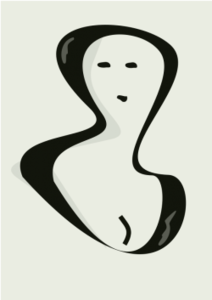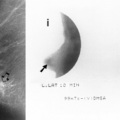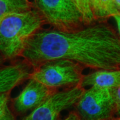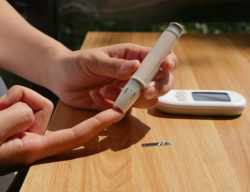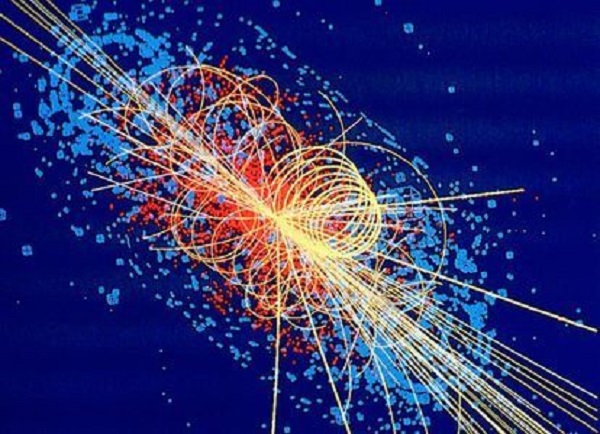I am a 49 year old woman who has had 4 ectopic pregnancies. I have never carried a child longer than about 6 weeks. I have also had a hysterectomy and am down to one ovary. I think I have started menopause 3 or 4 times already judging by the hot flashes. Now that you know my brief medical history here is the weirdness – I have breast milk.
It is not much. I occasionally leak little drops but the fullness, heaviness and soreness is there. I have had the discharge tested and nothing out of the ordinary was there – except breast milk. I have had hormone tests and everything comes back ‘normal’. There is no ‘scientific’ reason why this is occuring.
Once the doctors thought it was a side effect of the medicine I am taking for PCS, The problem with that theory is it started occuring at least 15 years before I started the medication.
Occasionally it is bothersome but I think at this point I am just used to it. I get swollen glands sometimes and it REALLY hurts but other than that I ignore it. I dont even bring it up to the doctors anymore as they automatically blame it on the medication. Am I the only one in the world with this?
